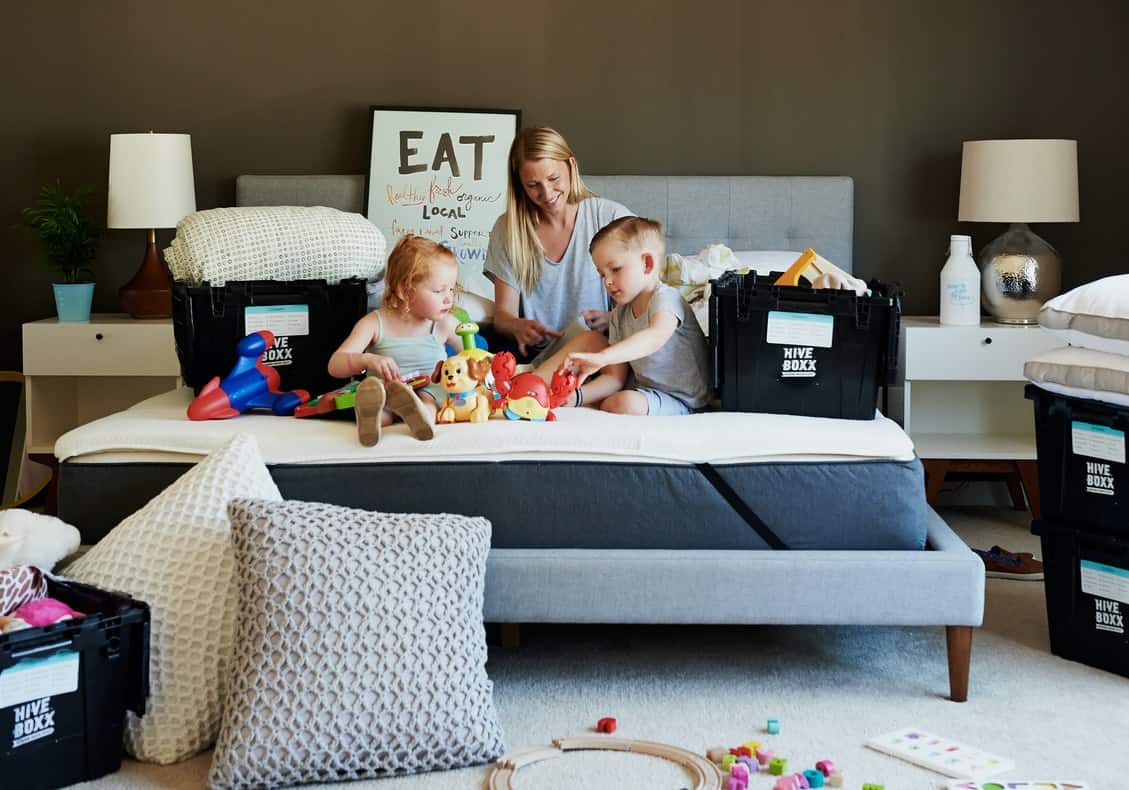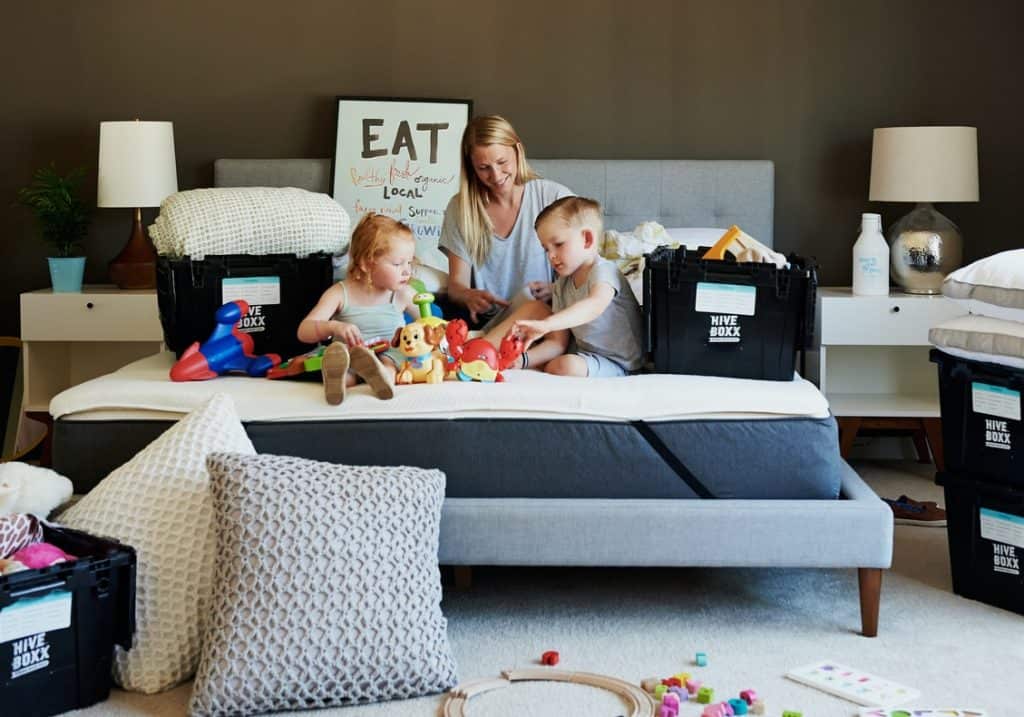Moving to Australia in the Age of Covid: What you need to know
If January rental crowds are a sign of things to come, we are in for a tough time. In all the years we have been working in the rental industry, we have never witnessed so many changes – almost overnight – as the new year arrived.
So, why the “bun fight” as Australians would call it?
Let’s break it down a little. There are three ways Covid has impacted the rental market, and none of them makes for easy reading if you are an international trying to move during the Covid era.
Limits on residential areas
We all know international borders have been closed to most, except returning Australians and those on the Priority Migration Skilled Occupation List (PMSOL). This list identifies 44 occupations that fill critical skills needed to support Australia’s economic recovery from Covid-19. It is based on expert advice from the National Skills Commission and in consultation with Commonwealth Departments. Many of these visas were in the medical sector.
Over the last two years, Personnel Relocations was mostly serving GPs, vets, occupational therapists, and high-level executives. The roles in the medical industry all had locum restrictions of where they needed their GPs to work, and every relocation was at least an hour out of the major city hubs. The international migrant population has had a huge impact on the rental market – keep in mind that 90% of migrant arrivals will rent upon arrival. Overseas migration dropped from around 232 000 net migrants in the 2018/19 financial year to just 31 000 in 2020/21. Now the tide is starting to turn.
Work from home trend
Let us not forget that local Australians, too, have picked up their work bags and moved out to the country or taken a sea change. The Families in Australia Survey: Towards COVID Normal found that among the employed survey respondents, 67% were sometimes or always working from home, compared to 42% pre-COVID. Many of these families have chosen to move away from the city.
We saw this first-hand in the second half of 2021. In areas such as Mornington in Victoria, we moved very few people down the coast in the last decade. Mornington, Mount Martha, Mount Eliza and the likes would be a driving commute of around 1,5 hours to the city. It was not a feasible commute time every day. Now, with workers only commuting a handful of times a month into the city, it is a good compromise. Roll on 2021 and the estate agents were inundated with enquiries. Where we could normally attend an inspection with perhaps two to three other interested tenants in Mornington, we were now lined up down the street!
The knock-on effect on rising rentals prices has definitely been seen and felt by Personnel Relocations. We have seen first-hand how tenants have offered as much as $120 more per week for a rental. Not our clients, of course, because we understand the worth of the property even in this high demand market. Estate agents know that prospective tenants working with a relocation company are professional and this gives a lot of credibility to their application or to discussing off-market opportunities.
There is rental stress
A tenant who is said to be experiencing rental stress is spending more than 30% of their gross income on rent, according to the Australian government. So, if more than $360 of your $1 200 income goes to rent, you are suffering from rental stress.
With rents increasing at a faster rate than real wages, the number of low-cost rentals is decreasing. Furthermore, rents are projected to grow at a far greater rate in 2022, with January’s average views per rental listing surpassing a new high.
Right across Australia, property listings are setting new records of views. Simply put, the competition is intense.
All of these happened in the last two years when there was no influx of international tenants. This means that once the borders are open, the return of international tourism could further reduce supply.
If you are moving to Australia in the age of Covid, there are a few things you need to know. The first thing to keep in mind is that moving during a pandemic can be difficult. Everything from getting your visa approved to finding a place to live can be more complicated than usual.
However, with a bit of planning and organisation, you can make the move as smooth as possible.
Personnel Relocations continues to achieve a 97% success rate in having our clients’ applications shortlisted. Working closely with our clients and estate agents, we are constantly active in the rental market and understand the rapid changes and stress points.




















